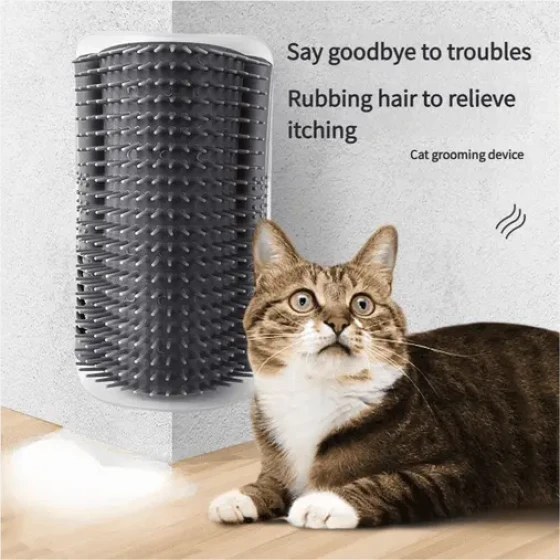Improving Siamese Cat Bad Habits, Training Is Very Important

1. What to do when a Siamese cat does something wrong?
First, you must criticize. When it does something wrong, you should immediately shout “No!” or “Hey!” in a loud voice. Of course, the cat does not stop because it understands the owner’s words, but only because it is frightened by the loud noise. If this is done repeatedly, the cat will gradually feel that being loudly scolded is a headache and will stop doing it. Taking the cat back to the scene of the “crime” to lecture it after the fact is completely useless, as cats are forgetful animals. Even if it is scolded for what just happened, it does not understand why.
The second point is to educate with patience. It is not that after criticizing today you can allow it tomorrow, but you should consistently and patiently criticize at all times. How to train a Siamese cat? If you give up halfway, all previous efforts will be wasted. Thinking "It will forgive me soon anyway," will make the cat become spoiled and unrestrained.
The third point is that corporal punishment is absolutely forbidden. If you casually hit the cat, it will develop fear of its owner and may become timid. Because the cat’s body is much smaller than a human's, it may get hurt if hit.
2. What to do if a Siamese cat meows nonstop?
There are many reasons why a Siamese cat meows continuously. If it only meows at night and early morning, that is normal; it wants to go out and play or find companionship. You can take it out for a walk at night. Different situations require different responses. Reasons for nonstop meowing include:
1. It may be in heat, and it should be neutered at about 1 year old.
2. It may be hungry; try giving it more food at night.
3. It may be lonely and looking for a companion to play with; consider getting another cat or spend more time playing with it.
4. It may be sick. If the Siamese cat feels unwell, it meows a lot. This needs serious attention. Observe if it shows any physical abnormalities or if its diet is normal. If there are issues, immediately take it to the hospital. Siamese cats can carry many parasites that can infect humans.
3. What to do if a Siamese cat loves to scratch?
Scratching not only helps to remove old nails, but the claw marks are also a visual sign marking its territory to other cats or animals. Therefore, owners should provide a scratching board, securely standing on the floor or leaning against a wall at a 45-degree angle.
Scratching boards can be bought at general pet stores or made by yourself by wrapping sisal rope around a wooden board. Then place the scratching board near where the cat sleeps, so when they wake and stretch, they want to scratch something. If there are multiple cats, prepare several scratching boards. Also, sprinkle a small amount of catnip on the scratching boards weekly to maintain their interest.
4. How to train a Siamese cat to remember its own name?
To solve the problem of a Siamese cat not listening to its owner, the first step is to let it remember its name and come when called. The most effective method is to call the cat’s name before feeding. Once it understands that hearing its name means food, it will naturally remember the sound of its own name. So, in situations other than feeding time, calling its name will get its attention—it might “meow,” turn around, or wag its tail in response. This makes it easier to conduct other forms of training. Knowing its name also helps if it gets lost, as it will come when called. Many owners like to talk to their cats; saying “Come, Mimi,” including the name will have a better effect.
5. Misconceptions about training Siamese cats
1. Clingy Siamese cats are very jealous. Once they get very jealous, combined with their naturally hoarse, loud voice, they can be very noisy when upset. Therefore, it’s best not to keep other pets at home, or if you already have others, treat all fairly or show a little extra affection to the Siamese cat.
2. Siamese cats have unpredictable temperaments, are very sensitive, and emotional, so owners must frequently accompany them and never neglect them, or they may become melancholic, possibly showing “prince syndrome.”
3. Siamese cats have hoarse voices; owners should not find this strange. Owners or children often laugh at the cat’s sounds, but Siamese cats are aware of this. Over time, they may stop making sounds at you altogether.





